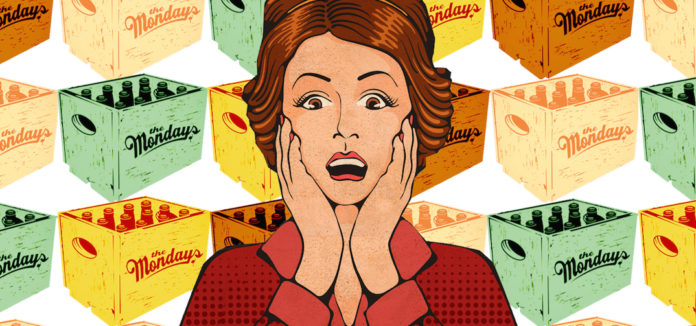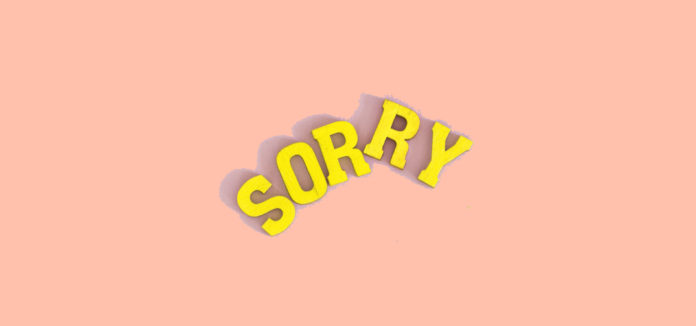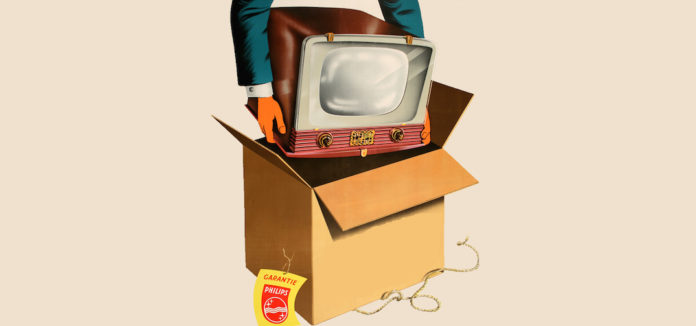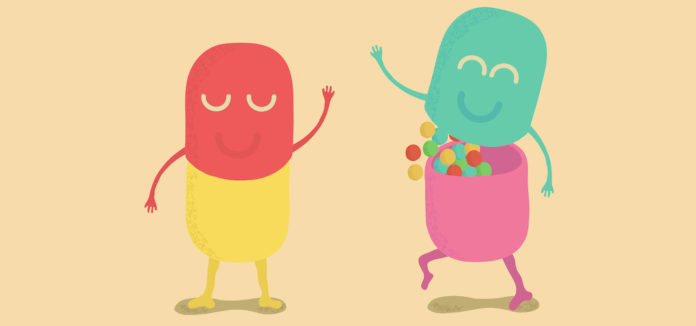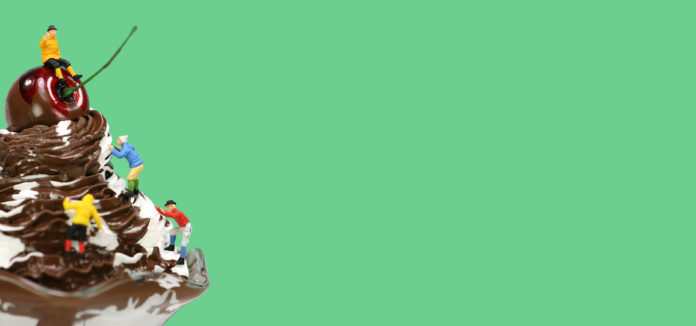Go and make yourself useful.
My mother used to say this all the time when I was a child. She would whip it out whenever she suspected my sister or I were not making use of our time or up to no good.
She was especially fond of using it in the summer. Whenever we dared to complain that there was nothing to do on a hot afternoon, we knew what she would say. And she meant it. Making ourselves useful meant weeding the garden, sweeping the gravel, cleaning the garage, picking rocks out of the drain, washing the car or doing something, anything that would shake us out of self-absorption.
Being useful isn’t just about being busy. It’s also about adding value. Tobias Van Schneider recently wrote an awesome article on this very topic:
Being useful is so simple. It not only helps other people but also yourself. Being useful makes me happy, because whatever it might be, there is never a single minute wasted being useful.
Being useful is an excellent reminder that no matter how bad your day is, you have value to add.
As much as I didn’t enjoy weeding the garden, it was gratifying. It was tedious but also purposeful. Those weeds would grow back but making a tiny difference in that moment felt good.
That’s the awesome thing about being useful—when you contribute to something beyond yourself, no matter how insignificant it may seem, you forget yourself and all the little things that are bugging you.
Add value to your life by adding value to others.
I wish you all the best,
Dr. Samantha Boardman


